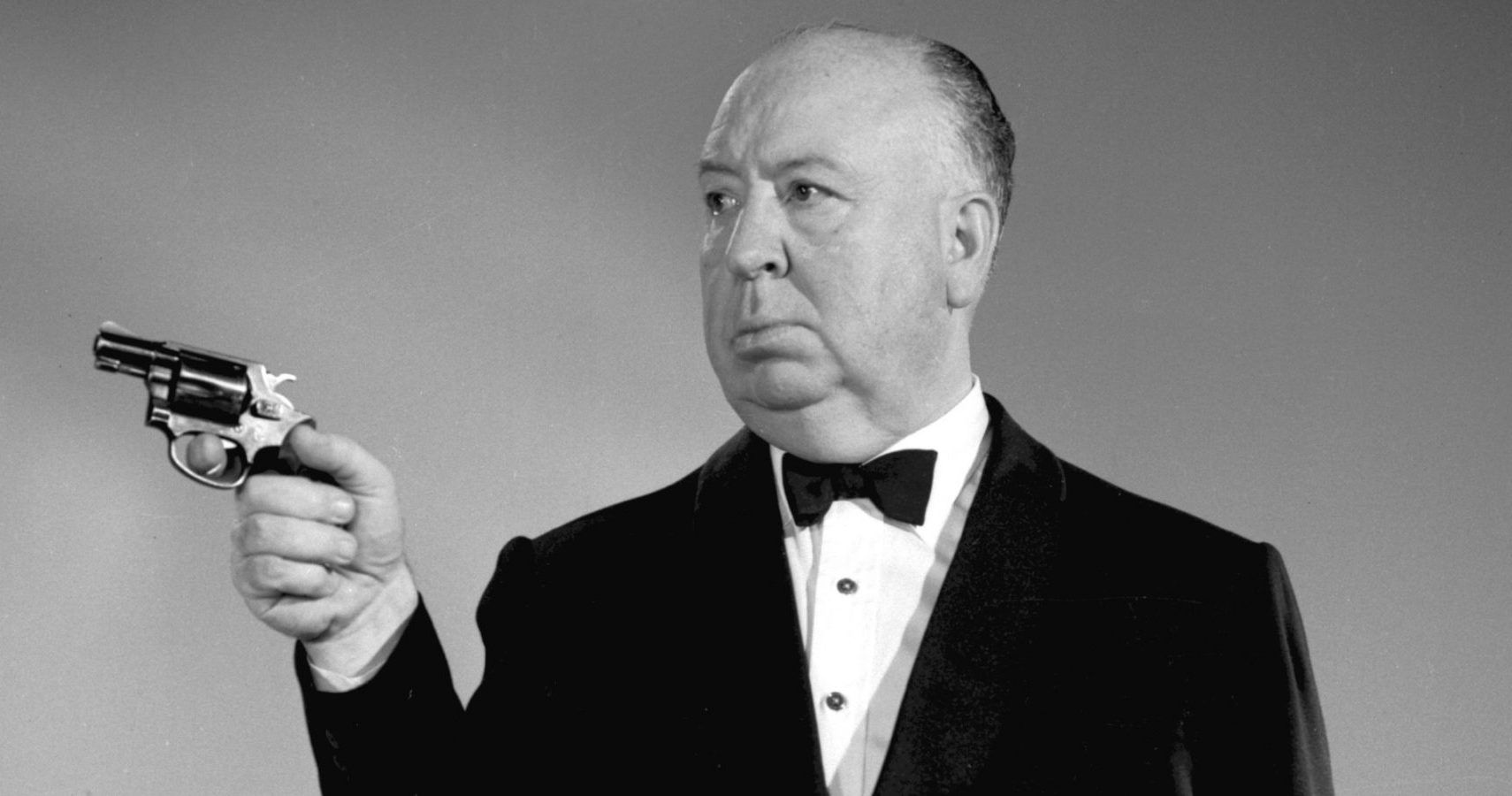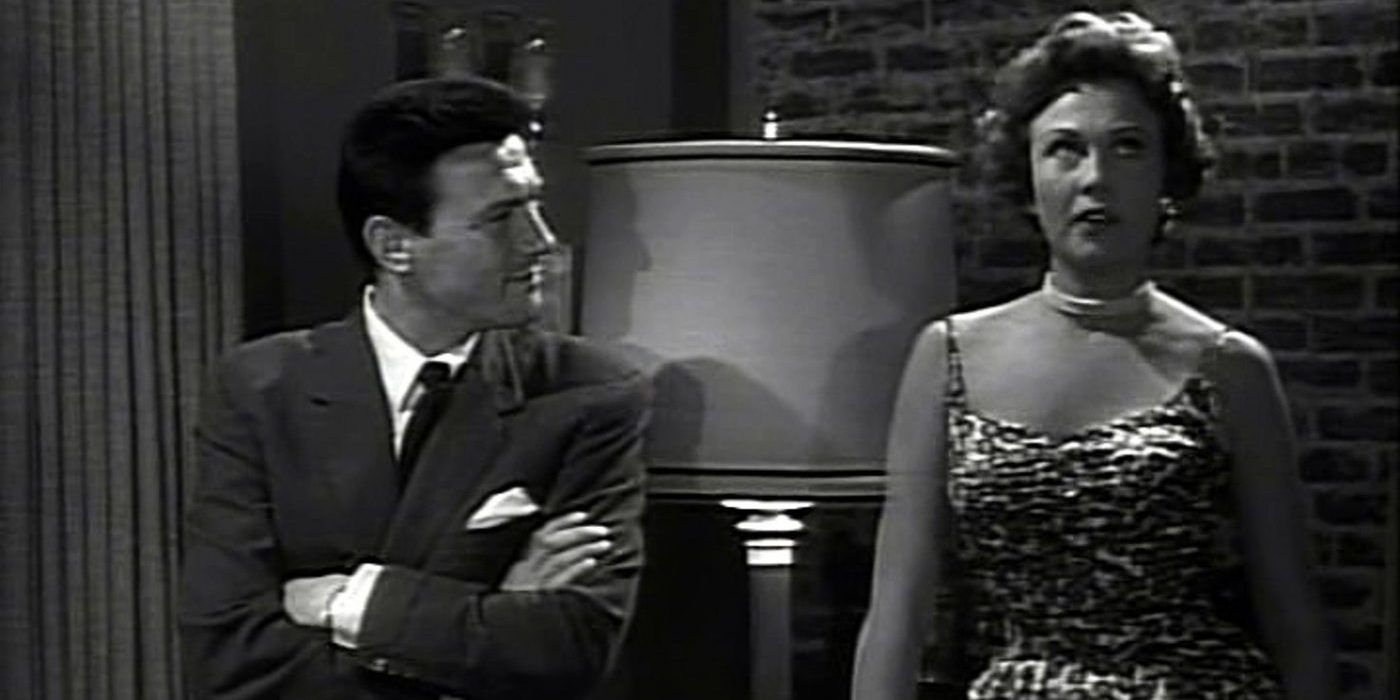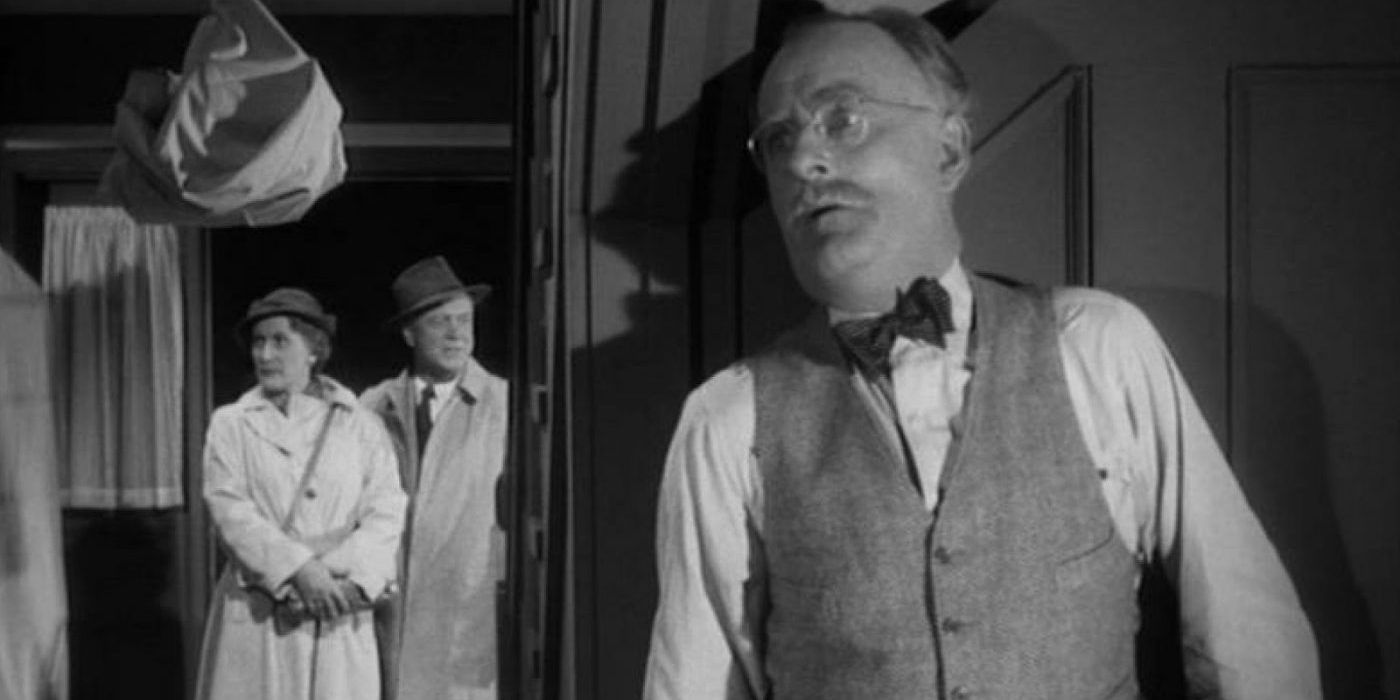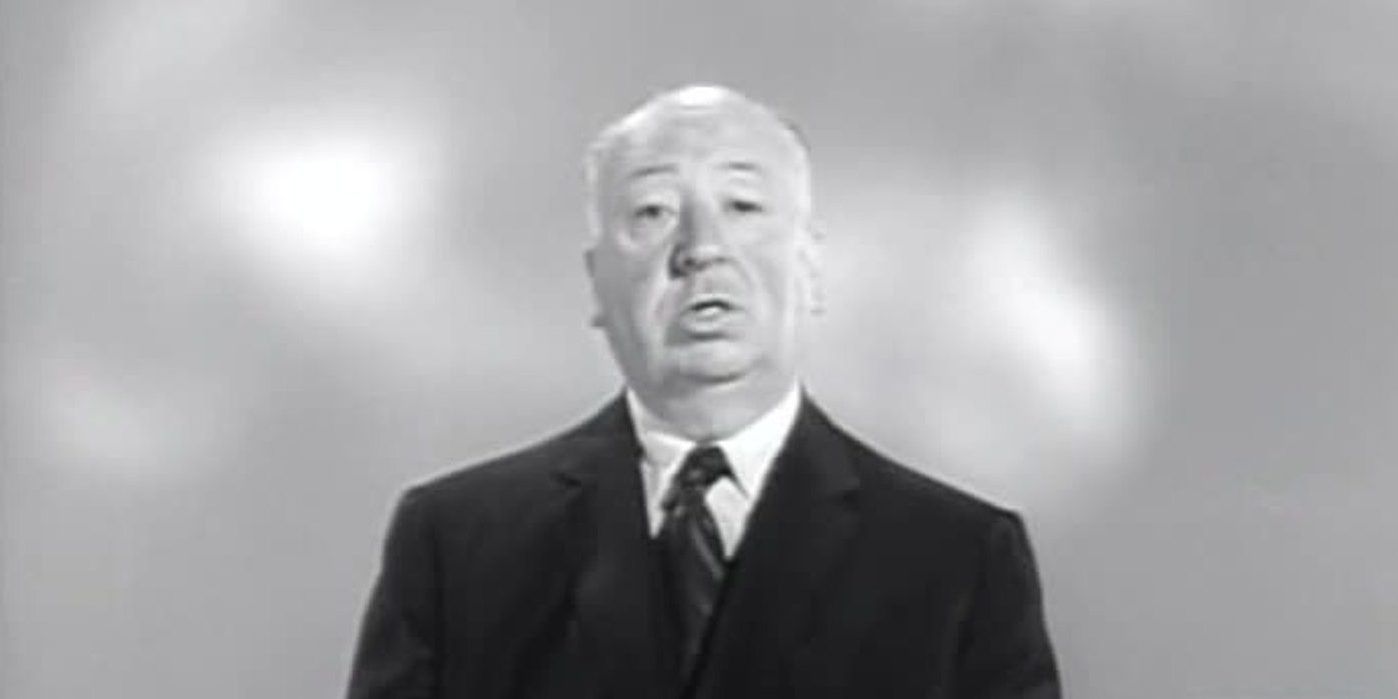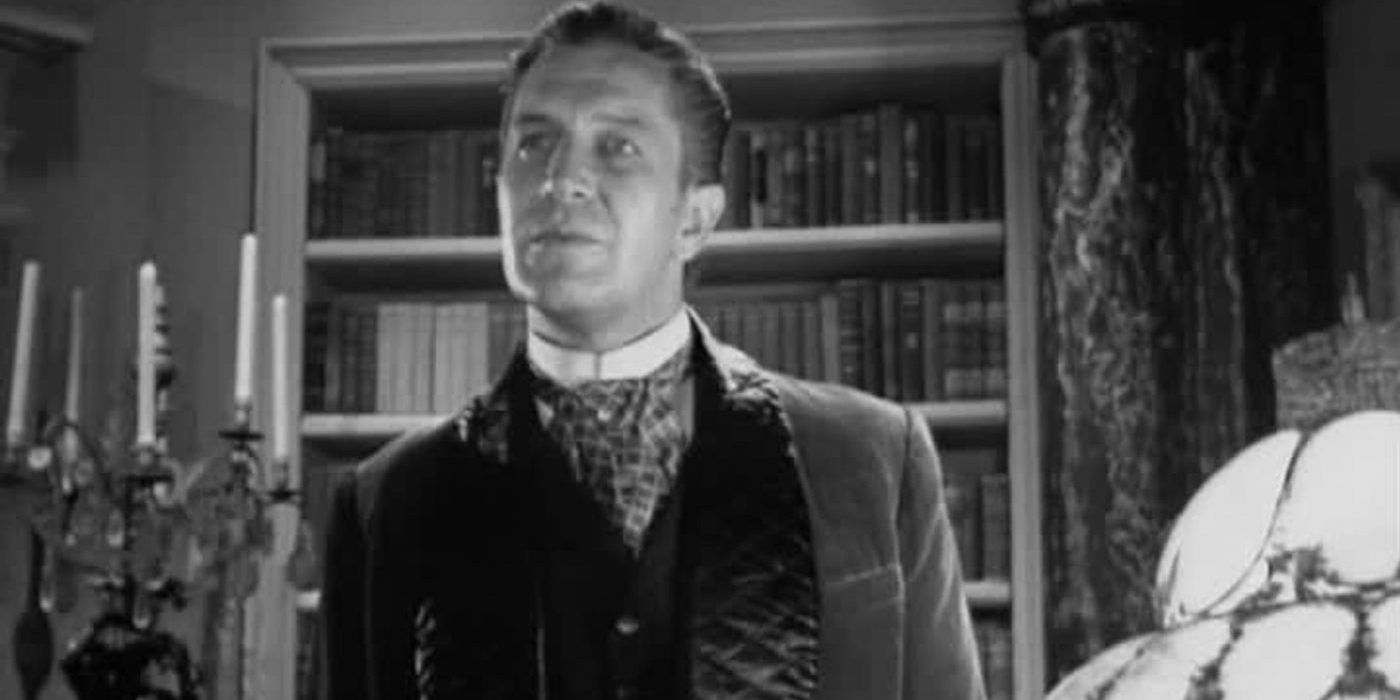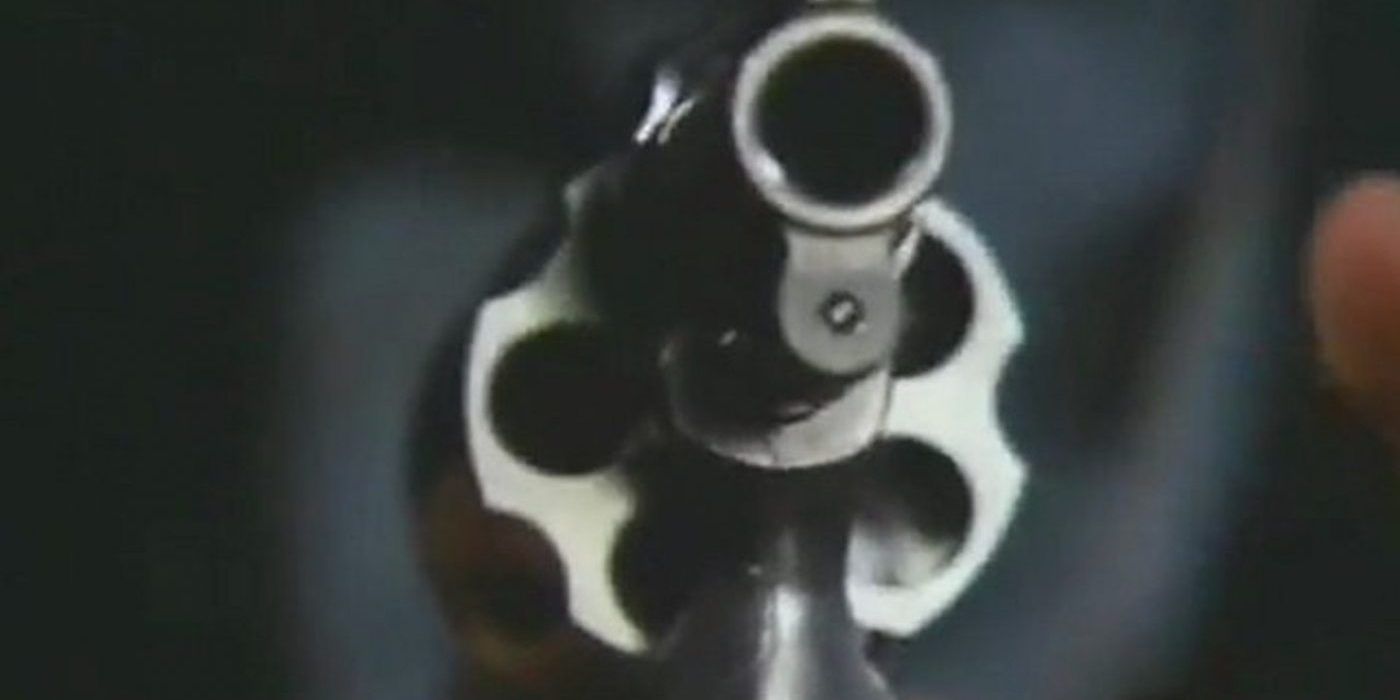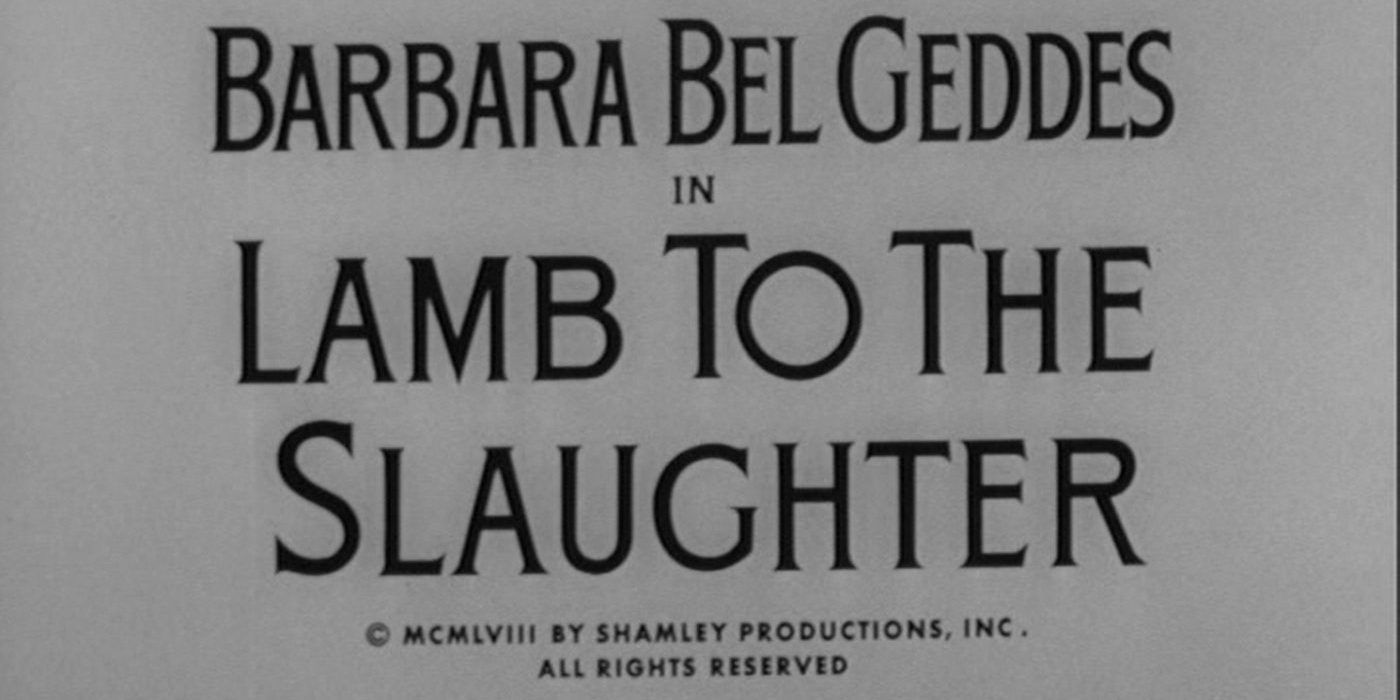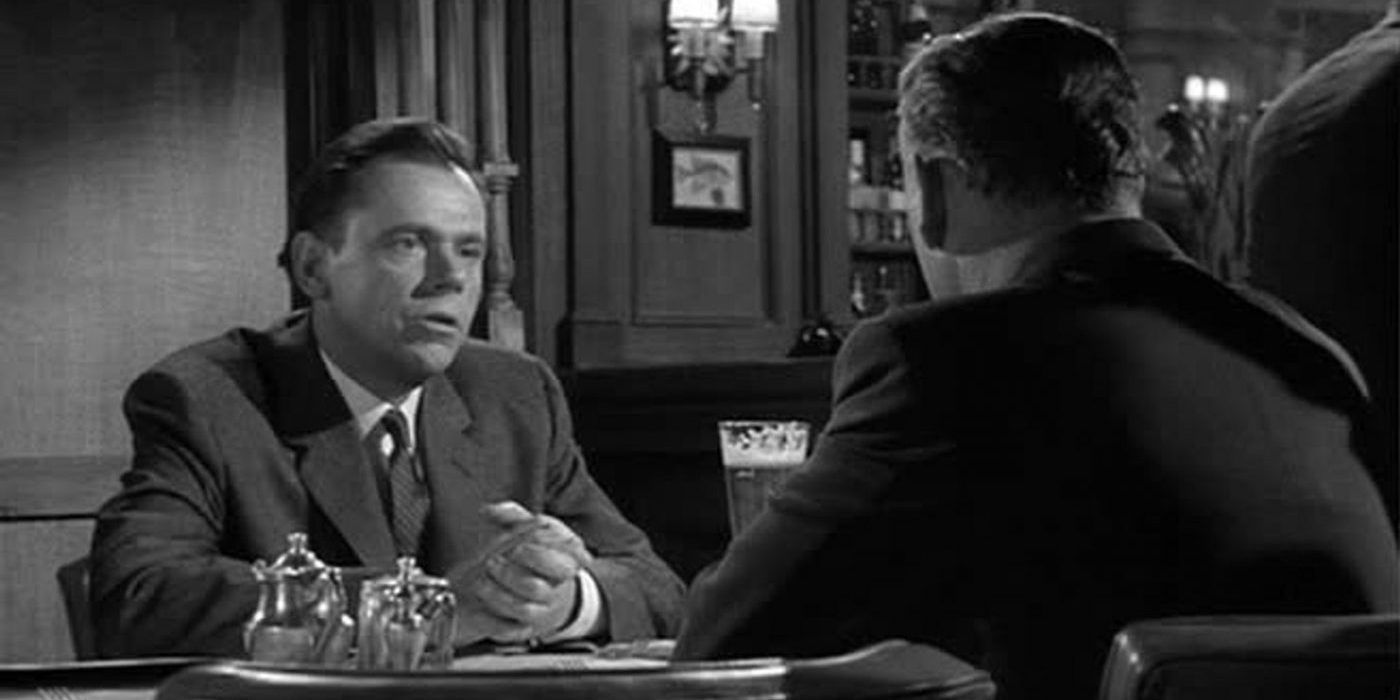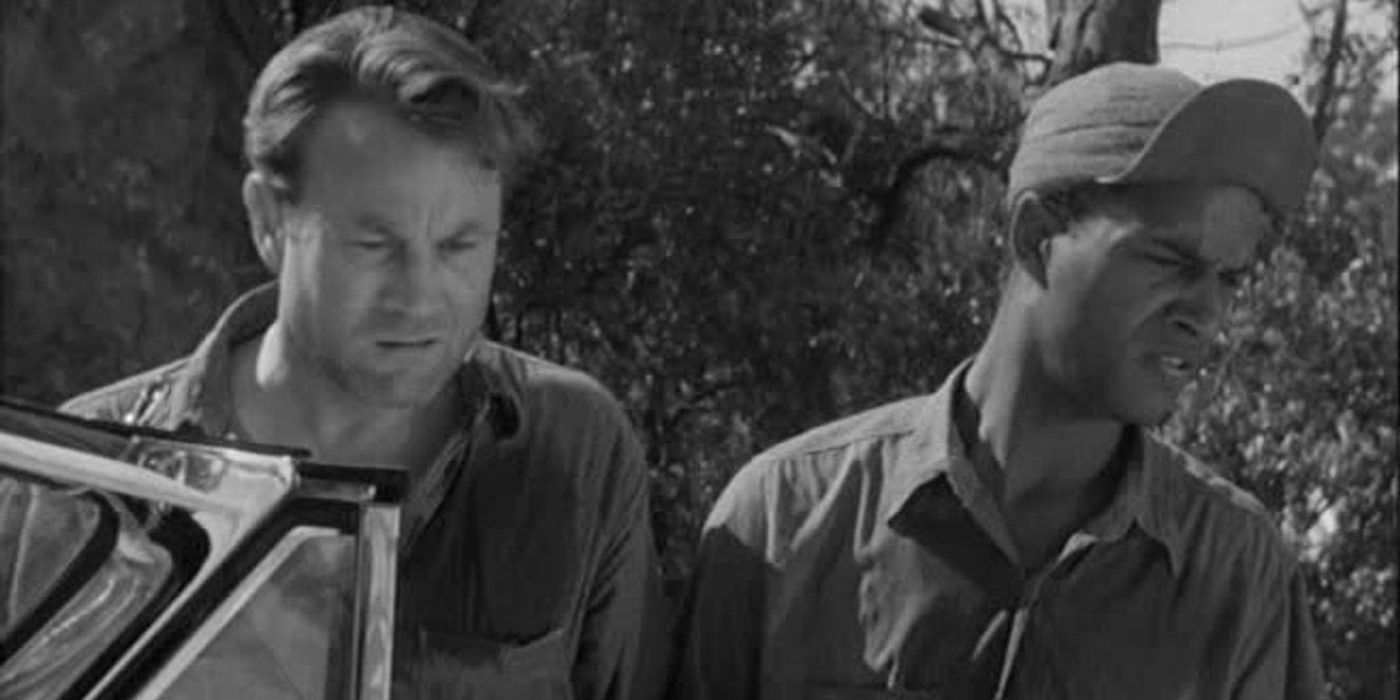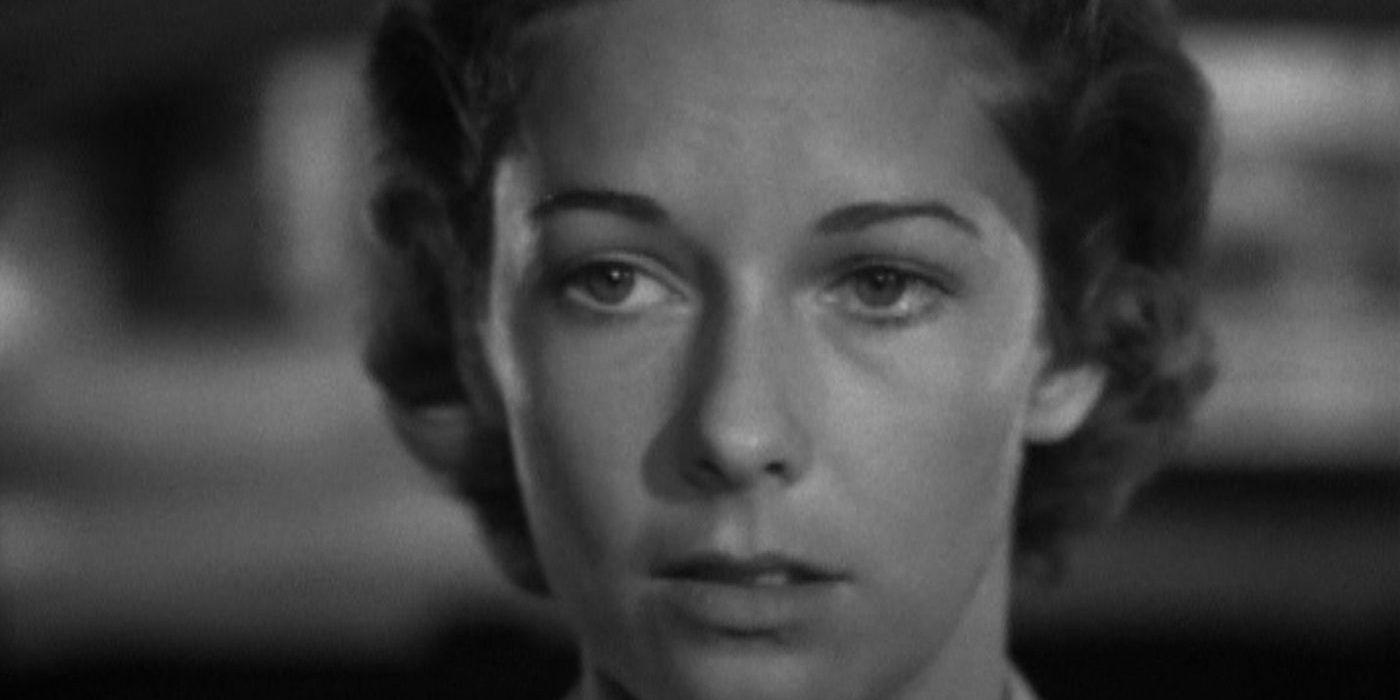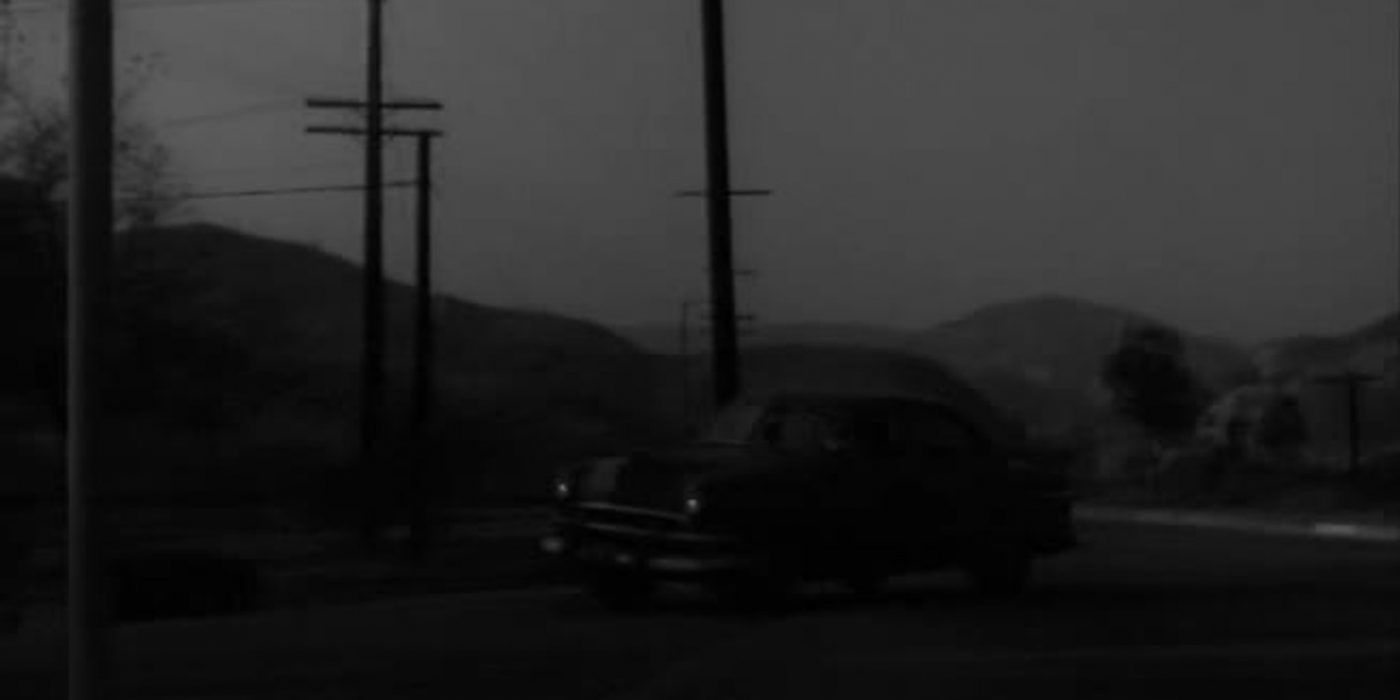Alfred Hitchcock is hailed by critics and film buffs alike as The Master of Suspense after countless iconic thrillers like Psycho and Vertigo, the former of which spawned multiple sequels and the successful TV prequel Bates Motel. But as inseparable from cinema as may be, Hitchcock himself is no stranger to television. He hosted an anthology thriller series in the fifties, providing witty intros and outros.
The framing device offered a wry, dark humor accompanying tales of murder and revenge. The silhouette and theme, “Funeral March of a Marionette”, became synonymous with Hitchcock. But Hitchcock only directed a handful of episodes in the original run, spanning over two-hundred total. Here are the 10 best episodes the iconic filmmaker personally shot.
Arthur
This unusual episode breaks the fourth wall beyond the weekly Hitchcock framing device. The first few minutes involve the murderer speaking directly to the audience which is disconcerting at first, even cheesy. The performances are quite theatrical. But when the protagonist commits murder and looks straight at the viewer with pleasure, it’s downright unsettling.
The story gets its kicks out of depicting a clever scheme to get away with murder. And it spends so much time getting audiences hung up on the narrator’s account of the law’s investigation, you forget about the body. The twist is predictable, but delightfully morbid.
Back For Christmas
The plot is rather straightforward, offering yet another planned murder, and the ironic ending is fairly expected. The episode relies entirely on Williams, who carries it above its routine nature. Still, there’s a terrific scene of suspense right after the murder, when some unexpected neighbors drop by. Williams hides behind a corner, and tension escalates as the neighbors casually discuss searching the house.
Mrs. Bixby And The Colonel's Coat
Again, this is a particularly off-brand story that bears little suspense until the end. However, the script was written by Roald Dahl, the author of Charlie and the Chocolate Factory. Dahl has a macabre sense of humor, which compliments Hitchcock's. This episode is all about a woman’s infidelity and her comeuppance.
The ironic twist here is absolute gold. The characters are all biting or unlikable in some way, boasting terrific performances. The secret lover is pleased a neighbor died, and the cheating woman is easily bribed when the man breaks off their affair. The episode is pure, unadulterated dark humor.
The Perfect Crime
In this episode, he plays a renowned, arrogant detective who keeps trophies of his captured killers. A lawyer pays him a visit to challenge one of the cases, with blackmail in mind. The twist ending offers a suggestion that makes perfect sense. It’s simply a talking heads episode set in one room but the caliber of performances makes it a compelling duel of words.
Bang! You're Dead
This episode bluntly tackles a sensitive subject matter—gun violence. A young boy accidentally wields a real gun in public, believing it’s a toy present from his uncle. All the while, tension escalates as the boy fills it with more bullets. He also encounters a series of conflicts with people over minor things.
It’s truly unnerving and Hitchcock knows just when to keep events hidden, allowing our imagination to assume the worst. Unfortunately, Hitchcock points out that mishandled gun accidents happen too frequently, even then. It’s depressing to relate it to our current political landscape, and how things only got exacerbated.
Lamb To The Slaughter
The protagonist is played by Barbara Bel Geddes from Vertigo. She’s a talented actress and, like Hitchcock himself, brings unexpected sympathy to the murderer. Since her husband was chief of police, her home is swarmed by cops, making the ironic twist sweeter while continuing Hitchcock’s tradition of fearing and belittling policemen.
The Case Of Mr. Pelham
This episode delves into one of Hitchcock’s favorite visual themes: the doppelganger. There’s no denying that Hitchcock is charismatic, but his monologues can feel silly or dated. Here, the beginning is suspenseful and the ending is genuinely funny, telling a story about a man who believes his life is being invaded by a double.
It’s very familiar in fiction, but it’s unusually supernatural for Hitchcock. In many ways, it feels like a Twilight Zone episode. The mystery is intriguing, and the protagonist never gets out of hand with his growing paranoia. The performances, and everything else, are nuanced and haunting.
Breakdown
A car accident leaves him paralyzed, and a series of thievery and oversight torture him. In fact, they lead him to a morgue, desperate to signal anyone that he is still alive. Cotten’s performance is simply outstanding, Hitchcock flaunts his visual storytelling prowess, since the protagonist is totally frozen.
Revenge
Most other shows would require more than a few episodes to get on their feet. But this pilot establishes nearly every staple that would allow the show to thrive for years. For example, the ironic ending is a signature move.
The episode even featured the talented Vera Miles, who would later star in Psycho. Her skill is particularly noticeable in a time when television didn’t offer the current caliber of substance we have now. But thematically, the show was already daring, too—involving a man who blindly seeks revenge for his wife’s rape.
One More Mile To Go
This episode was clearly the impetus for Psycho. For one, the extensive, methodical cleanup after a crime of passion is a clear connection. The opening scene is superbly clever, as the camera steadily pushes in while an argument escalates. It’s the perfect visual parallel, ramping up suspense though we don’t even hear the conversation.

